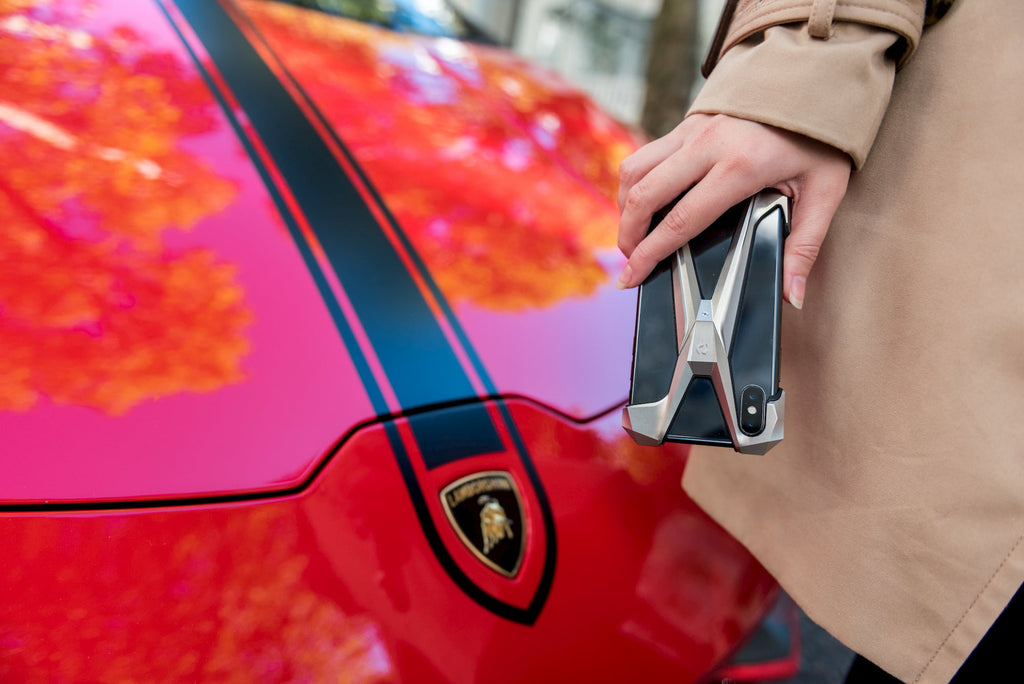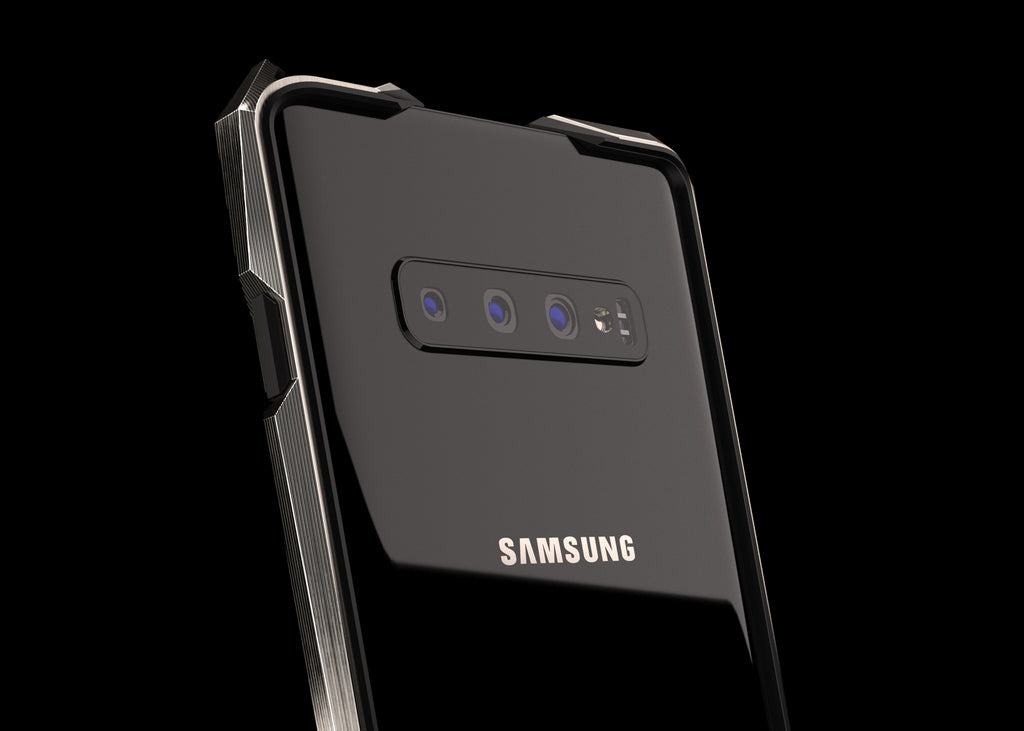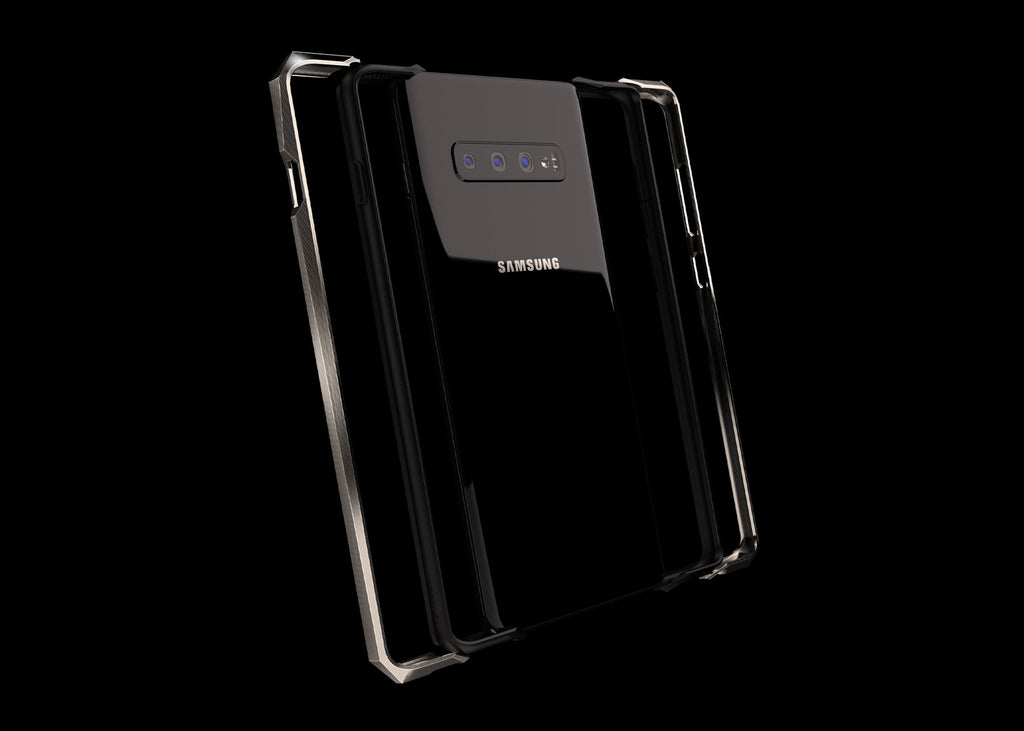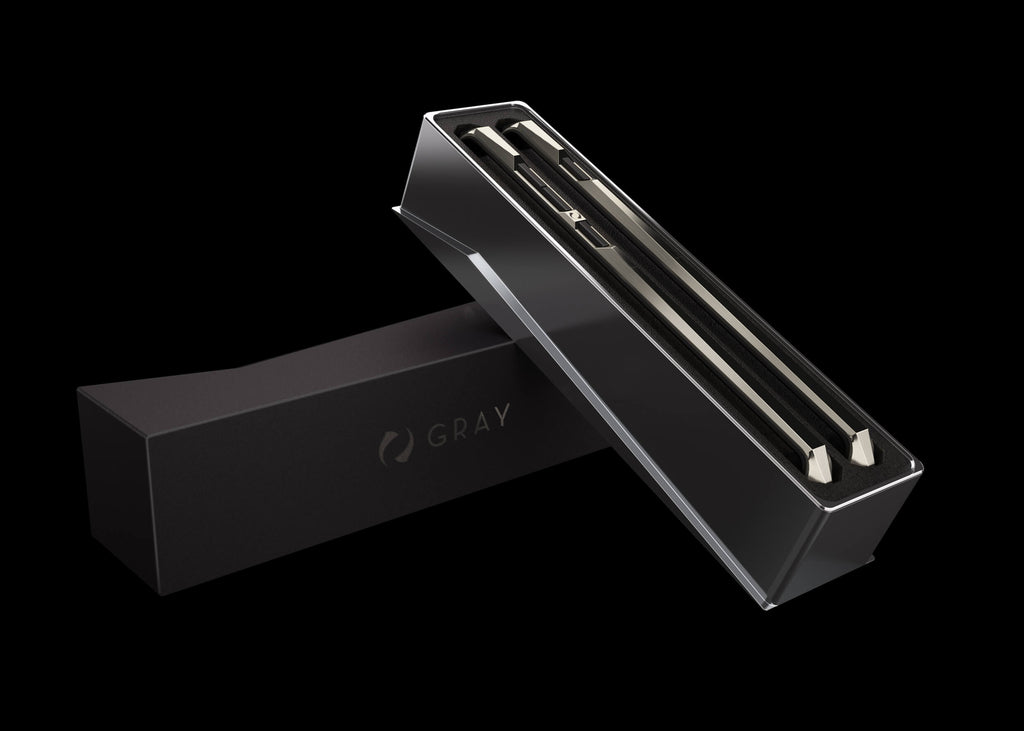
Google “Titanium Phone case” on the internet and the first thing you’ll see are our phone cases the Advent and the Alter Ego for the iPhone and the Samsung S10+. One of the biggest questions that we’ve always gotten from our audience is: Why use Titanium to make a phone case?
It’s a valid question. Most phone cases now are made out of TPU, polycarbonate, silicon or rubber. A few are made out of aluminum which is slightly pricier to make, but is still relatively cheaper to produce. We had a whole range of materials to choose from, why choose such an expensive material for a phone case?
The simple answer is that we settle for nothing less than the best. Not for any material which is less than ideal. We’re perfectionists, and we strive to give our customers the best in every product we put out.
Today we explain the reasons and benefits of using a titanium phone case.
#1 Extreme durability

The particular Titanium that we use for the Advent and Alter Ego is called Grade 5 Titanium (6Al4V), which is a Titanium alloy mixed with other elements such as Aluminium and Vanadium. This alloyed material gives it exceptional strength and corrosion resistance and is what makes it a prized material in the aviation and automotive industry.
We experimented with aluminium for cases such as the Advent in past prototype stages, and we found that aluminium although much cheaper and easier to machine compared to titanium, is a very weak metal especially at thin areas of our design. For Advent owners, you would notice that around the buttons and mute switch side, the design is very thin, if it were to be made from aluminium, one bend and the whole case will break apart in 2.
Another aspect we noticed with an aluminium case, is that once you drop the case on a rough surface from even small heights, the aluminium case is pretty much dented and scuffed ruining the entire angular aesthetic of our cases.
Titanium on the other hand is so hard that in most cases, it is usually the surface that you drop the case on that is dented. Don’t take our word for it, have a look at this video where Filip from EverythingApplePro drop tests our cases from 9th storey’s on a concrete ground.
#2 Light yet incredibly strong

Most metals typically comes with a tradeoff, strength or weight. The heavier and denser the metal, the stronger it usually is. Aluminium is lightweight but weak. Steel is strong but heavy.
This paradox is somehow solved with Grade 5 Titanium, which is 2.5 times stronger than steel but only half its weight making it only slightly heavier than aluminum, allowing the Advent to feel impossibly light yet reliably strong. Titanium is by far the best metal when it comes to strength to weight ratio.
#3 Just something special

It’s hard to explain, maybe it’s is slightly darker grayish colour compared to aluminium & steel, or that perfect balance of being not too light or heavy. Holding a titanium product in your hands somehow conveys a different level of luxuriousness and exclusiveness as compared to other metals.
At GRAY®, we attempt to take this experience to a higher level with our mechanically textured titanium surface finish. Using custom cutting tools and a uniquely programmed CNC tooling path, we are able to create these beautiful textures that are impossible to be replicated by hand. This surface finish gives our products an industrial look and makes it extremely scratch resistant allowing the product to last a lifetime.
In Conclusion
Despite these incredible benefits, Titanium has not found its way into most commercial applications, due to its exclusivity and high price. While materials such as Aluminium are abundant in the Earth's crust, Titanium is far less common, and its ability to react with oxygen means that it cannot be found naturally in its pure form. Rather, it has to be extracted from mineral ores using a series of costly and intricate chemical reactions. As a result, Titanium production is extremely expensive, and can cost multiple times that of a plain carbon steel.
Machining titanium is also on a completely different level due to its extreme hardness. At GRAY® we have to constantly change our cutting tools for every other product in the production line as they get blunt incredibly quick. With a blunt cutting tool you would no longer be able to achieve those crisp mechanical textures that we have grown to love. Furthermore, huge amounts of lubricant has to be used while cutting titanium as it has a high risk of catching fire due to its properties. All these problems are compounded especially so for our products which have very complex shapes and intricate details.
As such at GRAY®, we are incredibly thankful for our customers who understand the painstaking process that we put ourselves through to deliver something truly incredible.






